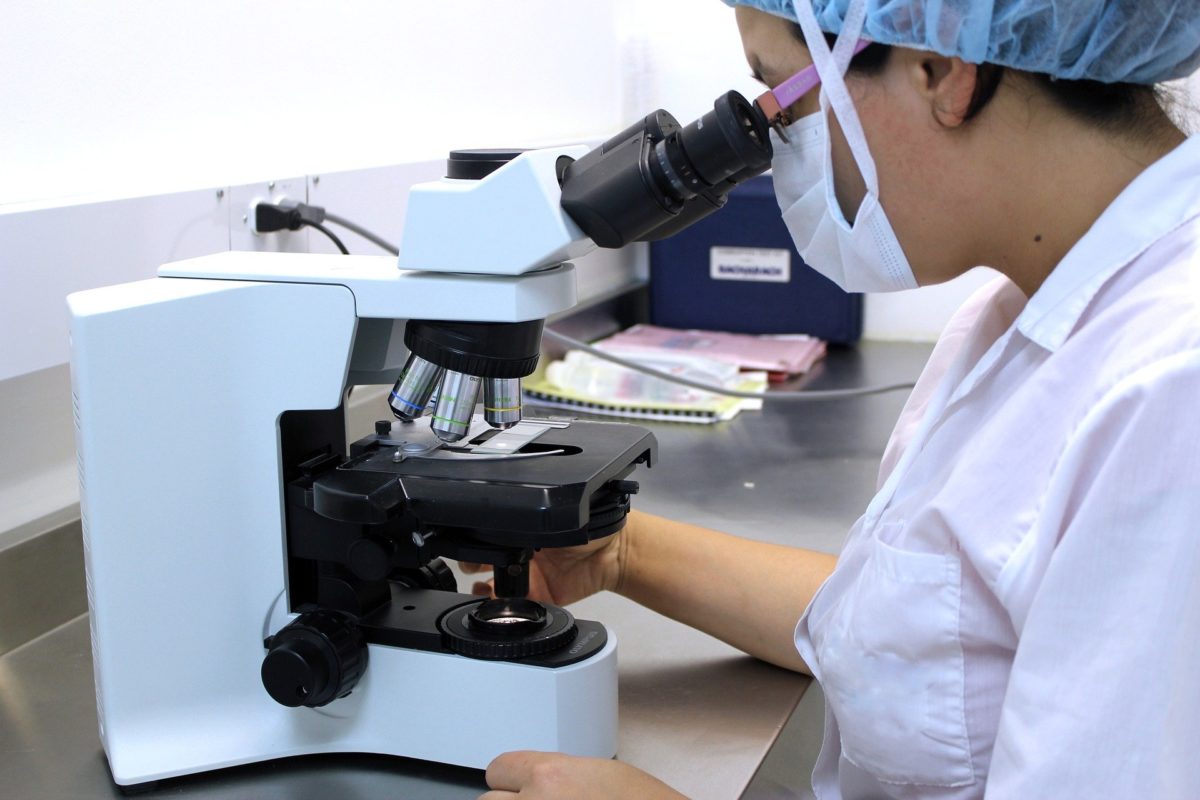A plant scientist and a livestock geneticist are among the 22 new Fellows and one Honorary Fellows who have been elected to the Academy of the Royal Society Te Apārangi. Fellowship recognises researchers, scholars, and innovators throughout Aotearoa New Zealand who have achieved excellence in their various disciplines across science, technology, and the humanities.
The new Fellows include –
- Dr Kevin Davies (Plant & Food Research)
Elected for advancing our understanding of plant pigmentation and the stress-tolerance mechanisms of plants, including the discovery of a new class of plant pigments.
Kevin Davies has made a distinguished contribution to advancing understanding of plant pigmentation and the stress-tolerance mechanisms of plants, including the discovery of a new class of plant pigments. Based at Plant & Food Research, Kevin is the international authority on how plants control the production of specialised metabolites to provide colour to flowers and fruit and to withstand environmental challenges such as UV-B light. His work has explained the induction of red colour in leaves to protect against environmental stress and how flowers produce complex colour patterning to attract pollinators. The impact of the knowledge he has generated ranges from aiding selection of new horticultural varieties, to theorising how specialised metabolites may have helped plants to first emerge on land around five hundred million years ago.
- Dr Kenneth Dodd (AgResearch)
Elected for developing and implementing statistical tools for genetics and breeding, especially in livestock.
Kenneth Dodds is a leader in statistics and bioinformatics. Globally, he is known for developing and implementing statistical toolhips for genetics and breeding, especially in livestock. He led the mapping of genes for major international projects on livestock species when genetic maps had only been achieved in humans or inbred populations. Kenneth has been a global leader in combining new statistical tools with genetic analysis. These tools are used in breeding programmes for diverse species across the globe, as well in conservation of endangered species. His leadership of methodology and software allowed genomic regions in livestock to be associated with diverse production traits. Recently, he led the development of statistical tools for the application of low-cost DNA sequencing for genetic improvement.
Source: Royal Society of New Zealand












